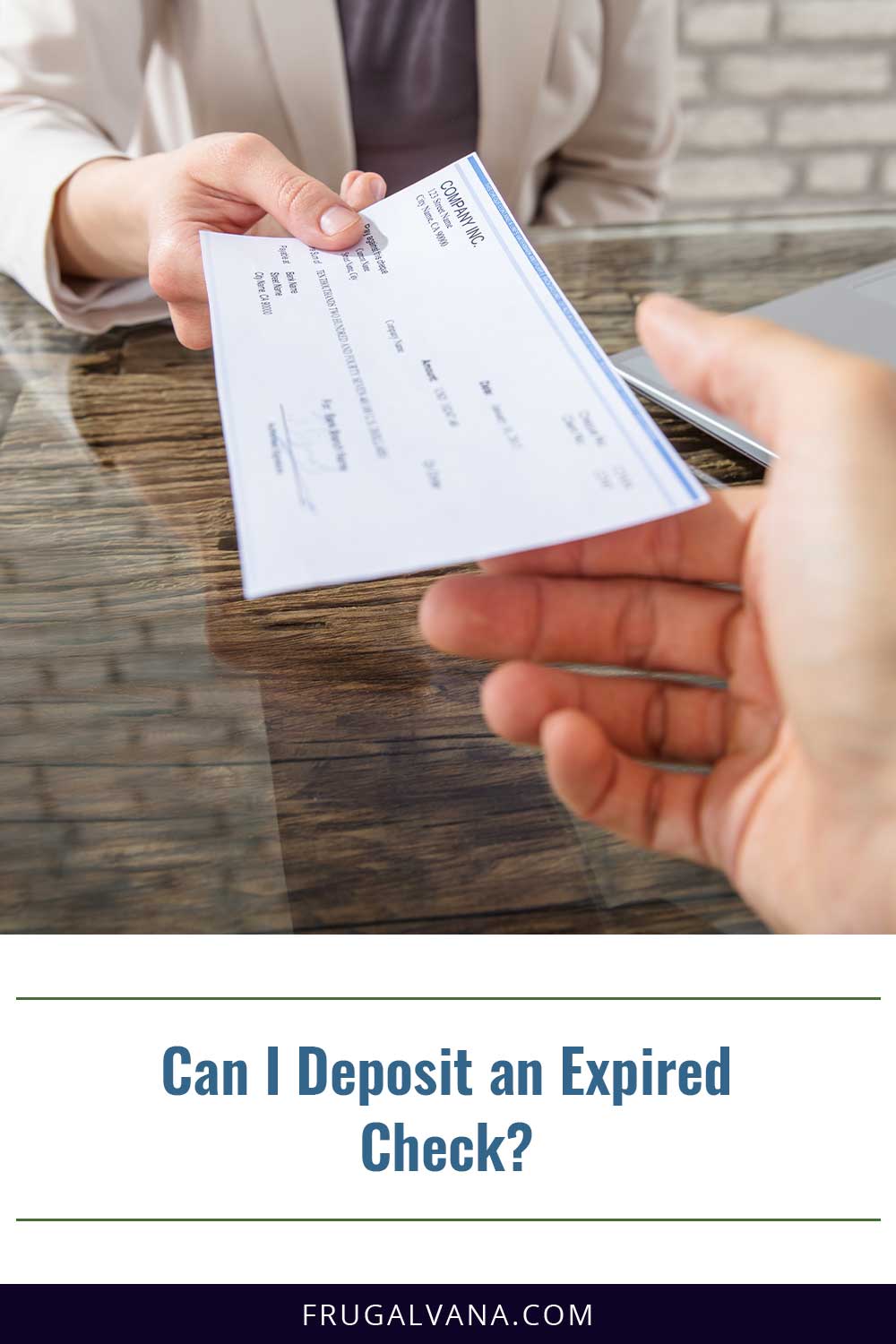Have you ever been sorting through the papers, the envelopes, the piles of coupons and catalogs on your kitchen counter and, all of a sudden, come across a check from days gone by?
At first, you’re excited to pad your bank account a little; then, you see the expiration date.
Discovering an expired check can be disappointing, but there is still something to be done to try and rescue the funds behind it. Read below for some tips for handling expired checks.
Is it Illegal?
Your financial institution is not required to receive a check that is over six months or 180 days old. This is the general timeframe for banks in the United States. However, this may not be the end of the road for your expired check.
A bank may still accept a check that has expired if they have sufficient reason to believe that they can still receive the funds from the check. This is, of course, up to the discretion of the bank and will vary based on which bank you are dealing with.
So no, it is not illegal to deposit an expired check, although the entities involved are likely not going to be obligated to reissue or cash the check.
What Happens if You Do It?
When you first attempt to deposit an expired check, you will likely have the check returned to you, or it will “bounce,” and you will likely be charged a fee from your bank or financial institution. These fees vary by institution.
Furthermore, it is up to the discretion of your bank, credit union, or other financial institution whether or not they cash your expired check. They may not accept your check if they have any reason to believe that they will not receive the funds.
The first thing that you should do upon discovering an expired check is to go to its original issuer and request a new check. If they are unable or unwilling to reissue your check, you are then at the mercy of your bank.
What to Do After a Check Has Expired
If a check written to you has expired, there may still be something that you can do to salvage the funds. First, visit your bank, and discuss possible solutions to your dilemma. Based on the issuer and certain factors surrounding the transaction, they may still accept your check.
It goes without saying, however, that it is far easier to simply cash your checks within the six-month (180-day) timeframe. By cashing your checks in a timely manner, you will save yourself from what could be a time-consuming, stressful process of reclaiming your funds.
What is Considered a Dishonored Check?
The term “dishonored check” refers to any check that has been returned to the depositing party due either to insufficient funds backing it up or due to a stop payment order. When a check is dishonored or “bounces,” the bank has rejected its deposit.
It is common for financial institutions to charge a fee for dishonored checks. These fees may be steep, so it is always a good idea to familiarize yourself with the policies of the bank they use. This will help you to avoid paying any extra fees.
What Type of Checks Can’t Expire?
There may be some cases where your check cannot expire. For example, a blank check usually cannot expire. However, if there is a signature or date on the check, it will then expire. There could also be a variety of other factors that could contribute to a blank check’s expiration date that varies by situation.
Additionally, since cashier’s checks are not governed by the Uniform Commercial Code (UCC), they may not expire either. Other factors, however, may cause the cashier’s check to expire. You should check their policy details with the issuing bank or financial institution.
Final Thoughts on Expired Checks
In summary though your check’s expiration date may have come and gone you may be able to salvage old funds. This will, however, depend on the decisions of the check’s original issuer and the financial institution you bank with.

